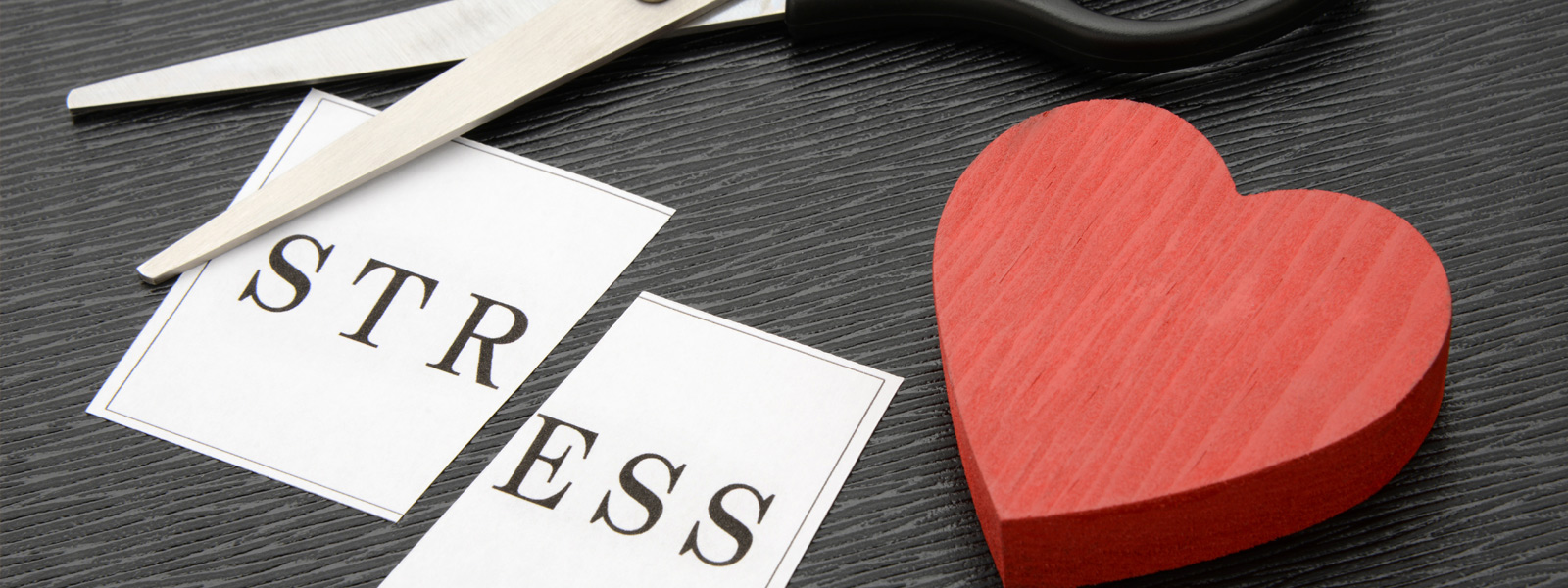The new year is approaching and with it the list of good purposes that always precede it: exercising, quitting smoking, losing weight, studying something new … All are important, but there is one, which may be affecting our general health, and it is usually the great forgotten; it Reduces stress and anxiety. We tell you why it is necessary, what healthy living tips are and how to reduce the stress.
Why it is so important to reduce stress and anxiety
As we said in his day, the continued stress in addition to causing physical symptoms, such as insomnia or headache, also has negative consequences for our body: contractures, bruxism, infections, overweight or increased risk of heart attack are just some of them.
Stress alters our immune, nervous and endocrine system, and can cause physical and psychological illnesses, such as anxiety disorders or chronic fatigue. It also increases the risk of harmful behaviors to our health such as abusing tobacco and alcohol or eating compulsively.
Anxiety produces feelings of loss of control, discomfort, tension, and anguish. To them is added the perception of physiological symptoms that alter the heart rate, respiration, sweating, digestion or even body temperature. It is a condition that can prevent us from working and leading a normal life.
What can be done to reduce stress and anxiety?
The first step is to recognize that we need a change. If we continually feel irritated, tired, distraught or overwhelmed, something is wrong. We cannot always avoid the problems that generate stress and anxiety, but we can try to deal with them in a different way. Here are some guidelines that help us achieve this:
Strengthen self-esteem
The same job can cause stress in a person and leave his partner indifferent, who does exactly the same. In general, how we interpret situations and the confidence we have in our ability to overcome them is more important than the situations themselves.
That is why it is important to take care of personal esteem, recognizing what we do well and analyzing how to improve when we act badly. Avoiding negative thoughts as common as “I’m worthless” or “I’ll never get it.”
Learn to be assertive and relativize
Relationships with other people (friends, relatives, co-workers), are one of the main sources of stress and anxiety. Being assertive, defending our needs and respecting those of others, is key to reducing stress. Saying no, when we cannot or do not want to do something, expressing how we feel and knowing how to ask for support, contributes to our well-being. On the other hand, if we stop doing so seeking the approval of others, we will be adding stressful situations to our lives.
Learning to relativize is also important. If we fall into the inertia of being irritated or angry at any small inconvenience, our mood will always be altered. It is necessary to stop worrying about what has not yet happened (negative anticipations), trying to always have a vision of what happens to us as objective and practical as possible.
To put our problem in perspective, we can ask ourselves what recommendation we would give a friend to go through the same thing, or how it would affect us if we were in bed with a 40-year-old fever. When we are sick, many of those little problems simply cease to exist.
Practice Mindfulness and Relaxation
The meditation helps us relax and manage stress, but as we have explained above, the mindfulness goes beyond focusing on self – regulation of attention and guidance of experience with curiosity and acceptance. This allows us to think better and put into practice the points of healthy living tips just mentioned.
On the other hand, any time is good to devote a few minutes of deep breathing, go for a walk or listen to our favorite song. An activity that relaxes us and “takes us out” of negative thoughts, if they are beginning to generate anxiety. You have to give free time the importance it deserves. It is not wasted time, on the contrary, if we do not rest enough, exhaustion will not let us think clearly.
Follow healthy lifestyle habits
A healthy diet not only affects our physical. It has benefits for our minds and improves our mood. Like exercising, it generates endorphins and also helps lower cortisol levels, the hormone that is released in response to stress.
The time we spend in a natural environment also serves to reduce stress, as some studies have confirmed. So walking briskly along the beach or a park that we have nearby will help us feel better and will make our sleep easier at the end of the day.
Getting enough hours each day to feel rested is essential to reduce stress and anxiety. For this reason, caffeine is not recommended. When we are exhausted we can think that drinking one coffee after another helps us, but it is rather the opposite, it makes us nervous and affects the quality of sleep.
Have professional help
The line that separates the stress or anxiety necessary to overcome the difficulties of everyday life, of chronic stress or anxiety disorder, is very fine and diffuse. At this point, mental health specialists will indicate the most appropriate therapy, whether psychological, pharmacological (applied by the psychiatrist) or a combination of both.


